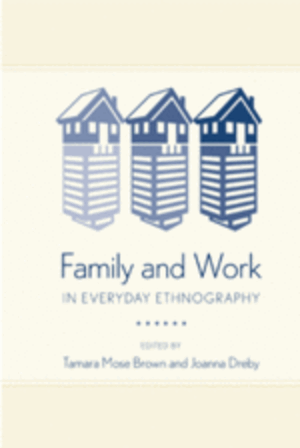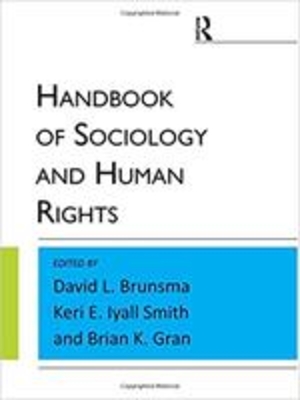This article reviews how US deportations ballooned between 1997 and 2012, and underscores how these deportations disproportionately targeted Latino working class men. Building on Mae Ngai’s (2004) concept of racial removal, we describe this recent mass deportation as a gendered racial removal program. Drawing from secondary sources, surveys conducted in Mexico, the U.S. Department of Homeland Security published statistics, and interviews with deportees conducted by the first author in Guatemala, the Dominican Republic, Brazil and Jamaica, we argue that: (1) deportations have taken on a new course in the aftermath of 9/11 and in the wake of the global economic crisis – involving a shift towards interior enforcement; (2) deportation has become a gendered and racial removal project of the state; and (3) deportations will have lasting consequences with gendered and raced effects here in the United States. We begin by examining the mechanisms of the new deportation regime, showing how it functions, and then examine the legislation and administrative decisions that make it possible. Next, we show the concentration of deportations by nation and gender. Finally, we discuss the causes of this gendered racial removal program, which include the male joblessness crisis since the Great Recession, the War on Terror, and the continued criminalization of Black and Latino men by police authorities.
Publications by Year: 2013
2013
In Mexico and Peru, denigrating racial humour about blacks and indigenous populations is prolific, despite the existence of colour-blind national ideologies (which minimize or negate the existence of racism) and social norms that silence various forms of race talk. This article draws on interviews and participant observation from these two countries to analyse the popular uses and interpretations of racial humour, and their consequences for racial ideology. We illustrate how racial humour serves to reproduce Mexican and Peruvian national ideology and reinforces the countries’ racialized systems of domination. In this article, we identify three mechanisms involved in this process: ‘going along’ with jokes; framing racial humor as benign; and using laughter to ‘soften’ racism. Taken as a whole, our analysis reveals how racial humour works to maintain colour-blind ideology.
This special issue explores ideas of race and racial hierarchy in Latin America in the twenty-first century. By examining the intersection between racialization and processes of identity formation, political struggle, as well as intimate social and economic relations, these essays question how and to what extent traditional racial ideologies continue to hold true. In so doing, we consider the implications of such ideologies for anti-racism struggles. This collection of articles provides a unique insight into the everyday lived experiences of racism, how racial inequalities are reproduced, and the rise of ethnic-based social movements in Latin America. The qualitative nature of the projects allows the authors to advance our understanding of how racial ideologies operate on the ground level. The geographic diversity of the articles – focusing on Brazil, Colombia, Mexico, Peru, Costa Rica and Cuba – enables a greater understanding of the distinct ways that racial ideologies play out across different settings.




